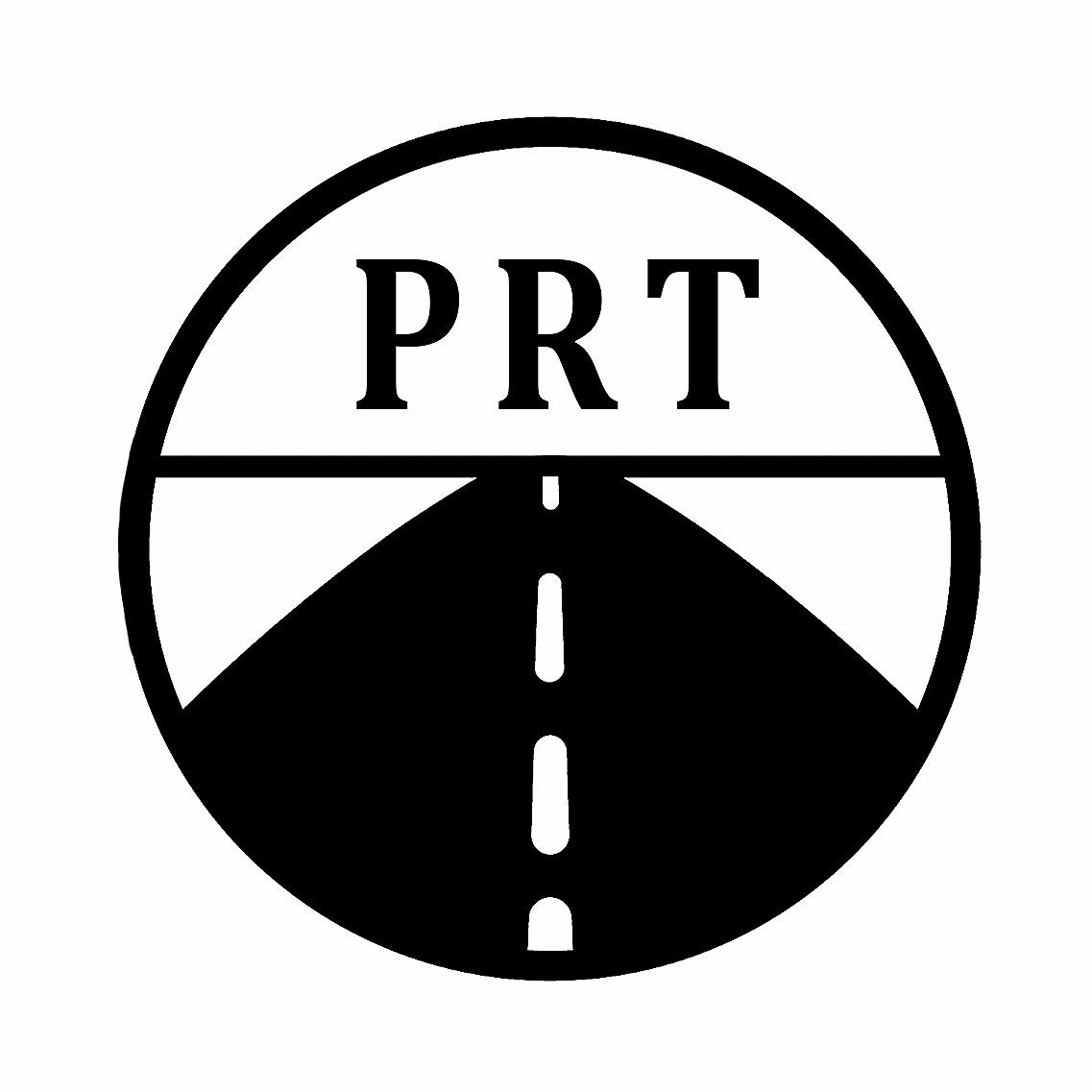How To Get Into Project Management
/I speak with a lot of people who are interested in getting into project management and wondering how to get started. Many of them have done some project management and feel a natural affinity for managing projects, but know that they don’t have nearly enough experience to qualify for the PMP® exam. They’re looking for a strategy and a course of action to gather more project management experience and establish a solid career trajectory in project management. I will share a few tips that I recommend to assist you in furthering your career.
The Strategy
The strategy that I recommend is to look for a position as a project coordinator, which is a junior level project management position. The ideal scenario would be to get assigned as a project coordinator supporting a very senior and capable project manager on a large, complex project — a project so large, that one or more coordinators are needed to assist. As a project coordinator you will be doing some of the grunt work — taking meeting notes; writing-up meeting summaries; updating schedules; pinging support staff for updates — whatever help the project manager needs and asks for. In the process, you will be in a position to observe the project manager day-to-day — how she deals with various sticky situations, difficult people, conflicts, issues. You will learn and model yourself after her best behaviors, and identify and work to remedy any skill gaps you might have.
The Course Of Action
Now, how to find such a position? I suggest one certification and one skill. The CAPM® certification and knowing how to use Microsoft Project.
Certification - CAPM:
The Certified Associate in Project Management (CAPM) is a junior level certification and does not carry nearly the prestige of the PMP, however it does demonstrate interest in project management and motivation to become a strong project manager. No project experience is required to sit for the CAPM. Any high school graduate can take it after completing 23 hours of project management training. As you study for the CAPM you will learn the PMI framework for project management. You will become fully conversant in the terminology and concepts of project management and able to hold your own in a conversation about project management principles. While you are at it, join PMI and your local PMI chapter and work on expanding your network within the project management community.
Skill - Microsoft Project:
Microsoft Project is a software application that many project managers use to keep track of schedule. It allows you to define activities and their start dates and durations, and dependencies between tasks. The application can generate visual representations of the project schedule as GANTT charts or as schedule network diagrams. As the project proceeds, actual progress vs. plan can be displayed. In many organizations, familiarity with Microsoft Project is expected of all project managers. Before you step into an interview, you want to be able to say: “yes, I am proficient in Microsoft Project”. In project management it is as basic an expectation as MS Excel; WORD; Powerpoint; Visio; and Outlook.
Training - CAPM:
My company offered a self-paced CAPM Exam Prep eLearning course for $188. Now that we’ve closed our training business, we recommend an alternative at FAQ #7
Training - Microsoft Project:
Bonnie Biafore offers a good self-paced eLearning course for Microsoft Project here:
You can probably get access to it through your local public library at no cost. If you have a premium membership with LinkedIn, you will have access at no cost through their Learning portal. You will need your own license for Microsoft Project, so that you can get lots of hands-on practice. You can get a subscription license for $30 per month here:
https://products.office.com/en-us/project/compare-microsoft-project-management-software?tab=1
Summary:
If you are interested in getting into project management, this is the strategy I recommend. One certification (the CAPM) and one skill (Microsoft Project). Then start building project experience as a project coordinator. From here you can then go on to learn more about ‘Agile’ and learn as much as you can about whatever industry you want to work within.
PMI, PMP, and CAPM are registered marks of the Project Management Institute, Inc.

